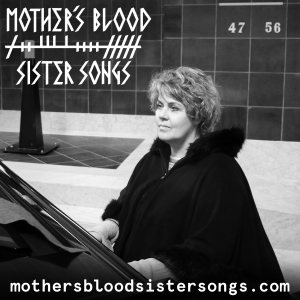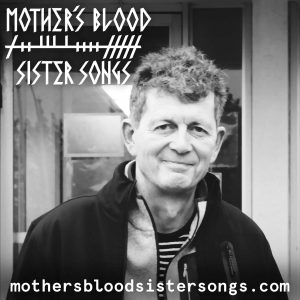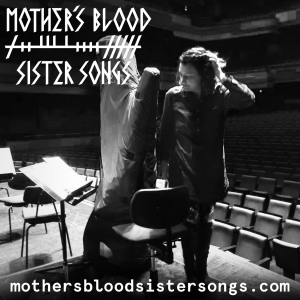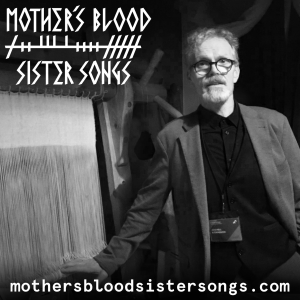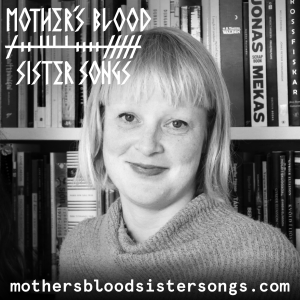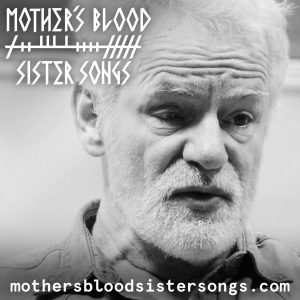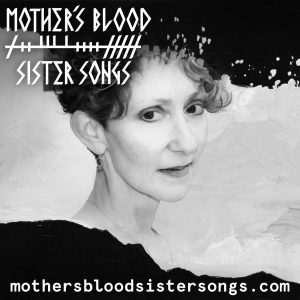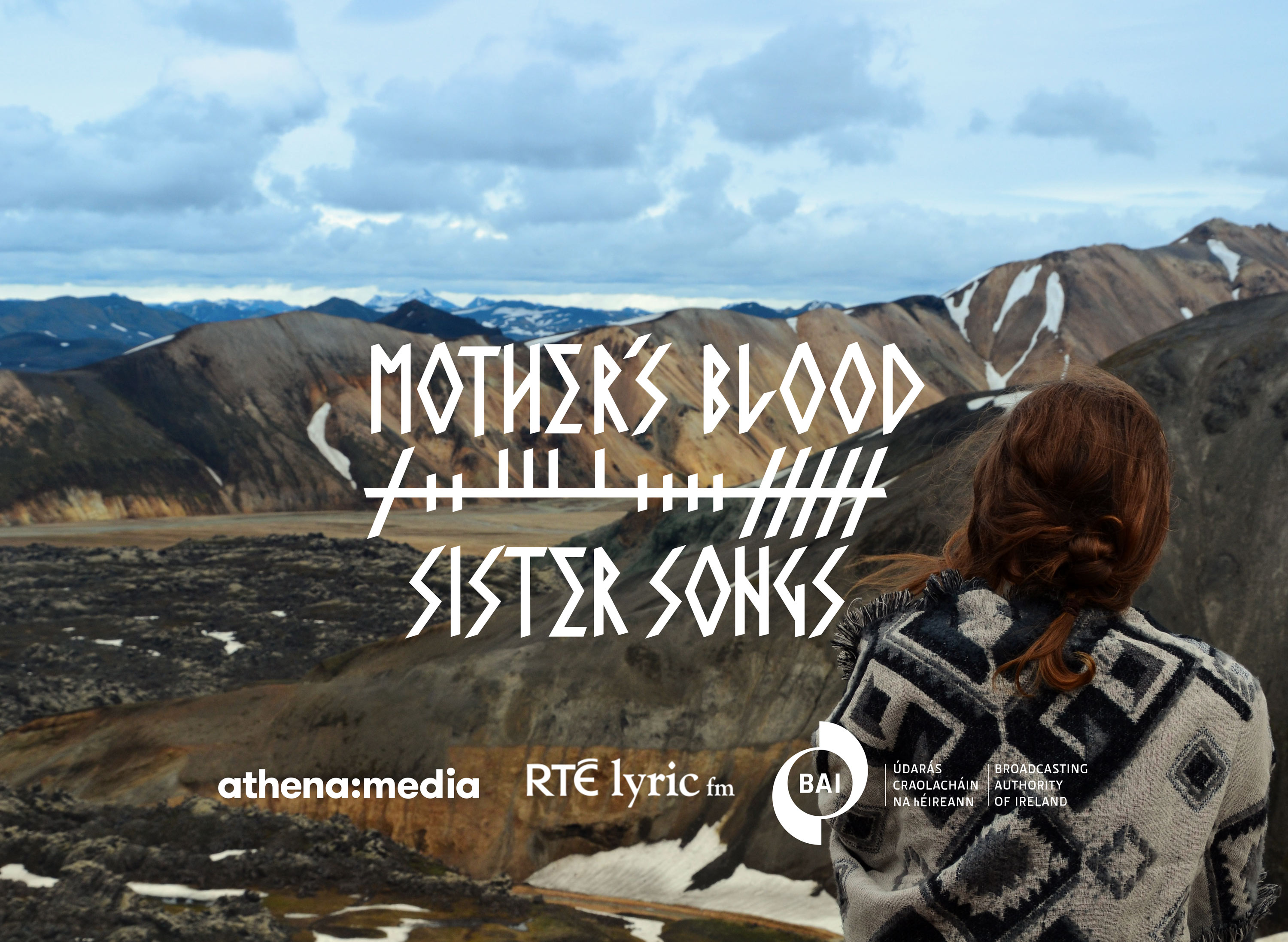
How the genetics of Iceland reveals its female Irish roots in story and song.
Acclaimed Irish composer Linda Buckley has a personal and professional affinity to Iceland and in this radio series she teams up with documentary maker Helen Shaw to trace the connections between the two places. The Icelandic female line goes directly back to gaelic women, mostly taken as slaves, by Norwegian Vikings who settled the land over a thousand years ago. Buckley asks what is the legacy of that biology and what are the physical, cultural and aural traces of that relationship?
An evocative, music-led feature series exploring heritage, language, music, and gender while drawing out the little known stories of the women who mothered Iceland and the sisterhood between the two places.
Part 1 broadcast on RTÉ Lyric FM on December 29th 2019, followed by Part 2 on January 5th 2020.
Listen Back to Episode 1 in full:
Listen Back to Episode 2 in full:
LINDA BUCKLEY
Linda Buckley is an Irish composer/performer based in Glasgow who has written extensively for orchestra (RTE National Symphony Orchestra, BBC Symphony Orchestra), and has a particular interest in merging her classical training with the worlds of post punk, folk and ambient electronica.
Mother’s Blood, Sister Songs is an Athena Media production for RTÉ Lyric fm made with the support of the Broadcasting Authority of Ireland and the licence fee. ©AthenaMedia2019 no reproduction or use of content without written permission.




